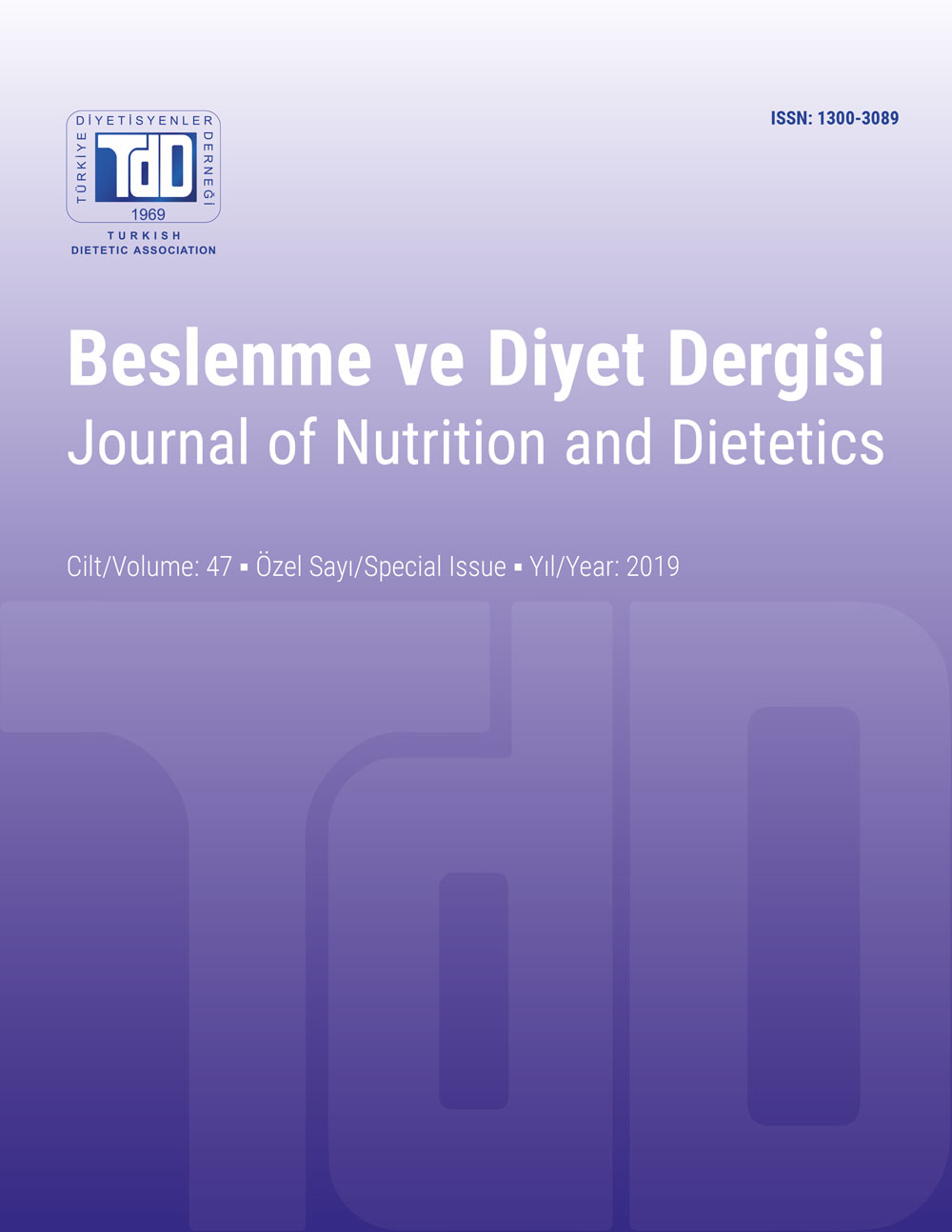Efficacy and Safety of Herbal Supplements Used in Diabetes
DOI:
https://doi.org/10.33076/2019.BDD.1322Keywords:
Complementary therapies, cinnamon, black cumin, bitter melon, fenugreekAbstract
Plants have been the most important part of the treatment for long centuries. In the nineteenth century, with the developments in chemistry and the discovery of drug molecules, utilization of plants for medicinal purposes gradually decreased. However, in recent years an increasing demand has been observed within the aspect of return to nature. The use of these products is often preferred as a complementary therapy especially in chronic diseases such as diabetes. In parallel with this interest, the number of clinical studies investigating the effects of herbal supplements on the treatment of diabetes has been increasing. Apart from effectiveness, the safe use of plants is crucial. The use of the right plant, composition, and quality of the product, preparation methods, side effects, drug interactions, and contra-indications are also factors which influence the course of the therapy and should be considered. In this review, plants which have been frequently preferred in the treatment of diabetes such as cinnamon (Cinnamomum sp.), black cumin (Nigella sativa L.), bitter melon (Momordica charantia L.), fenugreek (Trigonella foenum-graecum L.), ginger (Zingiber officinale Roscoe) and nettle (Urtica dioica L.) were evaluated in terms of efficacy and safety.

